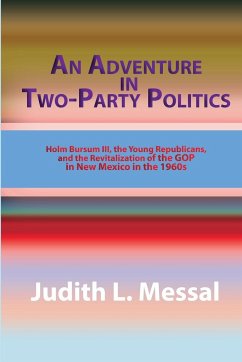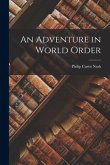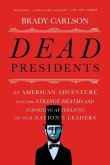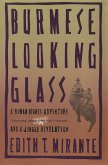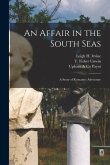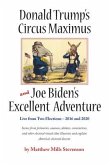In 1961, Holm O. Bursum III led a group of enthusiastic Young Republicans (YRs) into an unprecedentedly close partnership with the senior wing of their party. From a family of prominent public servants, Bursum became a protégé of Republican Governor Edwin L. Mechem. Mechem's own political achievements a decade before were astonishing given the GOP's extreme minority position in New Mexico at the time. Building on Mechem's success, Bursum had ambitious goals for the Young Republicans: to charter active clubs throughout the state, including the predominantly Democratic east side; to do legwork for the senior party in fund-raising and campaigning, and to encourage young candidates to run for public office. His organizing and networking brought him into collegial relationships with Young Republicans like Hoyt Pattison, Richard Cheney, and Colin McMillan, who became state legislators and took on leadership positions when few of their party could get elected to the body. In his five years of Young Republican leadership, Bursum also created strong bonds nationally. Young Republican National Federation leaders such as Leonard Nadasdy sought him out, and with them, he attended a North Atlantic Conference of Young Political Leaders at the University of Oxford in 1965. In 1961, Holm O. Bursum III led a group of enthusiastic Young Republicans (YRs) into an unprecedentedly close partnership with the senior wing of their party. From a family of prominent public servants, Bursum became a protégé of Republican Governor Edwin L. Mechem. Mechem's own political achievements a decade before were astonishing given the GOP's extreme minority position in New Mexico at the time. Building on Mechem's success, Bursum had ambitious goals for the Young Republicans: to charter active clubs throughout the state, including the predominantly Democratic east side; to do legwork for the senior party in fund-raising and campaigning, and to encourage young candidates to run for public office. His organizing and networking brought him into collegial relationships with Young Republicans like Hoyt Pattison, Richard Cheney, and Colin McMillan, who became state legislators and took on leadership positions when few of their party could get elected to the body. In his five years of Young Republican leadership, Bursum also created strong bonds nationally. Young Republican National Federation leaders such as Leonard Nadasdy sought him out, and with them, he attended a North Atlantic Conference of Young Political Leaders at the University of Oxford in 1965. By 1968, the fortunes of the GOP in New Mexico had changed. No longer shut out of state offices and congressional delegation seats, Republicans began to serve throughout the government. Bursum's work complemented that of fellow Young Republican David Cargo, a state representative and governor, whose reapportionment and districting efforts helped bring New Mexico closer to the one-person, one-vote principle. From 1968 forward, the two-party system in the state has become more robust than it had been in the earlier decades of the twentieth century, to the benefit of both parties and of the government itself.By 1968, the fortunes of the GOP in New Mexico had changed. No longer shut out of state offices and congressional delegation seats, Republicans began to serve throughout the government. Bursum's work complemented that of fellow Young Republican David Cargo, a state representative and governor, whose reapportionment and districting efforts helped bring New Mexico closer to the one-person, one-vote principle. From 1968 forward, the two-party system in the state has become more robust than it had been in the earlier decades of the twentieth century, to the benefit of both parties and of the government itself.

